Initially coming across the phrase “beauty sleep,” I honestly believed it was a pullishment phrase used to manipulate to sleep early. It felt whimsical – even a tad playful. Nonetheless, after some self-reflection related to my skincare problems, I understood that it involved much more than mere products and steps. It pertained to what I did when I was not awake, or rather, sleep.
Skin is not just a body part; it serves as a protective covering. Infact, it is the largest organ of the body, which day in and day out works hard to safeguard us. What the majority does not know, however, is that skin has a natural healing process and refreshes on its own while resting. And this means Beauty sleep is not a rumor, it is indeed a necessity to sustain, healthy and glowing youthful skin.
How Lack of Sleep Affects Your Skin Every Day
You Can See the Impact in the Mirror
You too must have been through that feeling at the very least once. You had a draining day, slept for four hours, and retired for the evening hugely exhausted. And like always, you used to have a gaze at the porthole, but this time gaze was tight.
On this particular occasion, more than any other occasion chances are that you will be greeted with puffy eyes, dull complexion, and perhaps even pimple or two.
If you thought that was a trick of the mind, you’re mistaken. Sleep is an integral part of restoring tired skin – make no mistake about it. If you lack sleep, there is insufficient time for your skin to heal and that will reflect in the way your face looks. It’s more than just weariness; your skin also feels exhausted.
Your Skin’s Natural Barrier Weakens
Many do not realize it, but insufficient rest wreaks havoc on sleep. When I was not getting enough sleep, my skin sensitivity increased tremendously. Your skin is an organ that requires looks after and if this essential care is not provided, everything starts to go wrong – hydration vanishes, elasticity deteriorates and even the way makeup is retained is adversely impacted. In essence, skin irritation and stinging become the norm.
When external barriers such as the vital skin layer which retains moisture are allowed to rest without maintenance, the protective shield undergoes an unprecedented weakening. Without proper sleep, even basic ointments lose their soothing capabilities, while gentle sudsing agents result in a parched dermis.
The Overnight Healing Cycle: What Your Skin Does While You Sleep
Cell Turnover Speeds Up at Night
The dermal layer of skin undergoes constant renewal, and the processes of recovery and restoration work faster while you’re asleep. Throughout the night, your body is actively removing old, dead skin tissues and forming new ones. This is known as cell turnover — which remarkably maintains your skin looking youthful and glowing.
Lack of sleep severely disrupts this cycle. In the case of absence, dead skin will remain trapped under the pores which eventually causes the skin to lose its clarity and develop an uneven tone.
Collagen Production Happens While You Rest
Collagen preserves smooth skin on your body. It provides elasticity to tissues and keeps the face looking youthful. Interestingly, collagen production is the most efficient while a person is in deep sleep.
On prioritizing sleep, the first thing I noted was that my skin felt fuller, almost as if there was underlying support. I was right. Science proves that inadequate sleep equals inadequate collagen, resulting in more wrinkles and sagging skin over time.
The Real Hormonal Shift That Happens Overnight
Melatonin Does More Than Help You Sleep
Melatonin is often portrayed as a hormone responsible for sleep, but its functions go far beyond that. As an antioxidant, melatonin works in helping to protect skin from damage and aid in healing processes.
Due to screen time or stress, many people suffer from lowered melatonin levels. This greatly increases the risk of fine lines, inflammation, and breakouts.
Growth Hormone Triggers Skin Repair
While a person sleeps, the growth hormone works actively. With that being said, this hormone is not solely for children, and is essential for skin health in adults too. Growth hormone aids in the repairing of damaged tissues, skin being one of them.
My curiosity was piqued when I saw certain skincare products were for nighttime use only. I now realize it is because the product works with the skin’s natural self-renewal mechanisms during the night while the user sleeps.
Lack of Sleep Can Lead to Long-Term Skin Issues
Breakouts and Acne Get Worse
These days, an occasional breakout is manageable, but I’ve had my dose of irritating breakouts in the past. These infuriating breakouts were made worse by my sleep hygiene, which I later discovered is deeply correlated with sleep. Sleep triggers higher levels of cortisol, the primary stress hormone, which leads to increased oil secretion.
Add the above equations. Add oil and reducing skin repair, and you obtain skin with more blocked pores. I managed to break this cycle when I started enhancing my sleep hygiene.
Chronic Inflammation Shows Up on Your Face
Typically, inflammation is associated with acute pain but also manifests itself on the skin as tenderness, redness, and even conditions as eczema or rosacea. With chronic sleep deprivation, your immune system remains chronically active, leading to more stress. More stress causes increased inflammation, and stress is something your skin has to endure.
When possible, try to put yourself in a place where you feel content, and much like all other systems in your body, bringing sleep restores calmness.
Why Hydration and Skin Balance Improve With Sleep
Your Skin’s Barrier Rebuilds at Night
The skin attempts to heal the barrier which is a protective covering layers to it, while protecting water content and stopping unwanted substances from penetrating. Leaving out the sleep you need results in your skin being unable to carry out the restoration work. This is the reason for waking up after an insufficient sleep feeling tight, dry, or even flaky.
Adequate hydration is more than drinking water. It is about giving ample time to the skin to retain moisture and restore the defense system.
Sleep Balances Your Oil Production
Sufficient sleep allows for proper hormonal regulation within the body. Adequate rest supports proper balance of oil secretion from glands, not too much and not too little. Inadequate rest results in a body that goes into overdrive and can’t switch off leading to an imbalance. Sleep-deprivation can overwork the skin causing excess oil production, along with dry patches that occur when the skin fails to generate enough oil.
A lack of sleep disrupts the natural homeostasis of various systems within an individual and leads to altered functioning.
Your Evening Skincare Routine Matters More Than You Think
Night Is the Best Time for Active Ingredients
Peptides, AHAs and retinol are often marketed as “PM only” products for a good reason. Their efficacy is harnessed best while the skin repairs itself during the sleep cycle which is significantly enhanced with retinol, peptides or AHAs.
Your Skin Is More Permeable at Night
Your skin is more permeable in the evening meaning it absorbs better. This is why night creams and serums are often richer and more concentrated. By morning, your skin is ready to glow and heal.
How to Create the Perfect Sleep-Supportive Skincare Routine
Start With a Gentle Cleanse
No matter how tired you are, always cleanse your face before bed. Leaving makeup, dirt, and oil on your skin will prevent it from healing. Refrain from using aggressive cleansers and instead choose ones that support your skin barrier.
Add a Targeted Serum or Treatment
Choose a concern to tackle whether it be hydration, texture, or fine lines. A treatment serum should have no other option but to seal in and let its contents sink in.
Seal It With Moisture
Depending on your skin type, finish with a facial oil or rich moisturizer because locking in moisture is the secret to repairing skin overnight. The moment I swapped to a balm-like night cream, I started feeling even less stressed in the mornings.
Why Your Sleep Environment Impacts Your Skin, Too
Your Pillowcase Makes a Difference
Pillowcases made of rough cotton might be the reason for your skin issues. Changing to a silk pillow case reduced the redness on my cheeks and it has only been a year. Silk absorbs less moisture which means skin care products are better retained, as well as causing less friction.
Room Temperature and Humidity Matter
For skin healing, preferred temperature is between 60 and 67°F. Applying a humidifier helps add moisture during the winter season, preventing skin from drying out.
How to Fix Your Sleep Schedule (And See It on Your Skin)
Build a Wind-Down Routine
Avoid screen time at least one hour before bed. Engage yourself in calming activities such as reading, journaling, or listening to soothing music. Your brain and skin will be grateful.
Stick to a Set Bedtime
Consistency is key — going to bed at the same time every night helps regulate your body’s internal biological clock. Maintaining a consistent bedtime improves hormonal balance, sleep quality, and skin recovery.
My Journey: From Burnt Out to Radiant
I remember a time when I thought that spending money on expensive serums would save me from the consequences of staying up too late. However, nothing changed until I changed my sleep.
I began sleeping earlier, reducing screen time, and creating a structured routine. I couldn’t believe the improvement in my skin after cutting off all the ‘additions’. Then, I realized: beauty sleep is not a luxury, it’s the core of true skincare.
My Opinion| Your Skin Needs Rest Just Like You Do
If you have been actively looking for the missing cornerstone of your skincare routine, it may not be the next big skincare product after all. It might just be sleep. Quality sleep. The type that truly allows your skin the time it needs to heal, regenerate, and breathe.
There is no need to do everything in one go. Try just one step for the first night and go to bed 30 minutes earlier. Wash your face nightly. Transform your bedroom into a soothing space. Gradually, your skin will respond.
Because sleep, particularly beauty sleep, is not a legend. It is the most effective weapon for your skin.
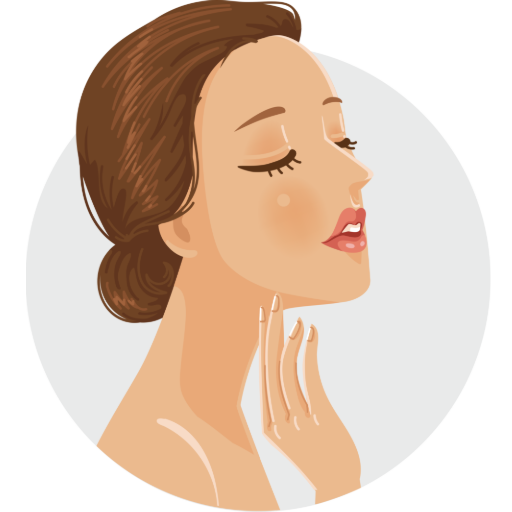
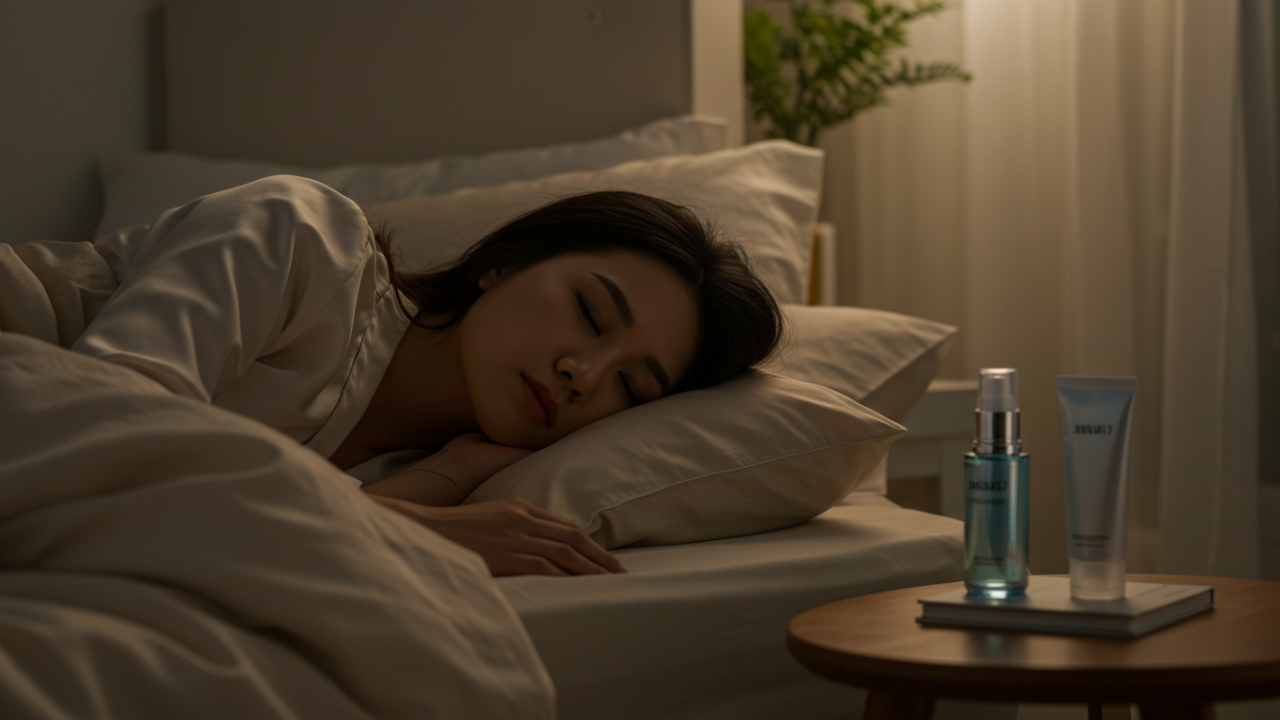
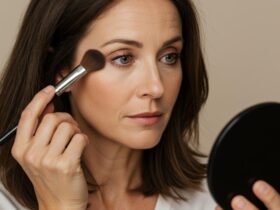
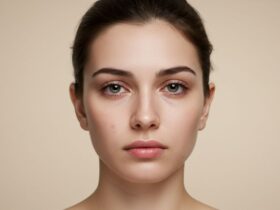
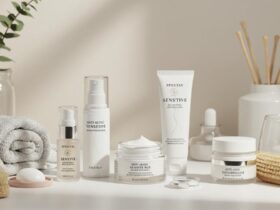
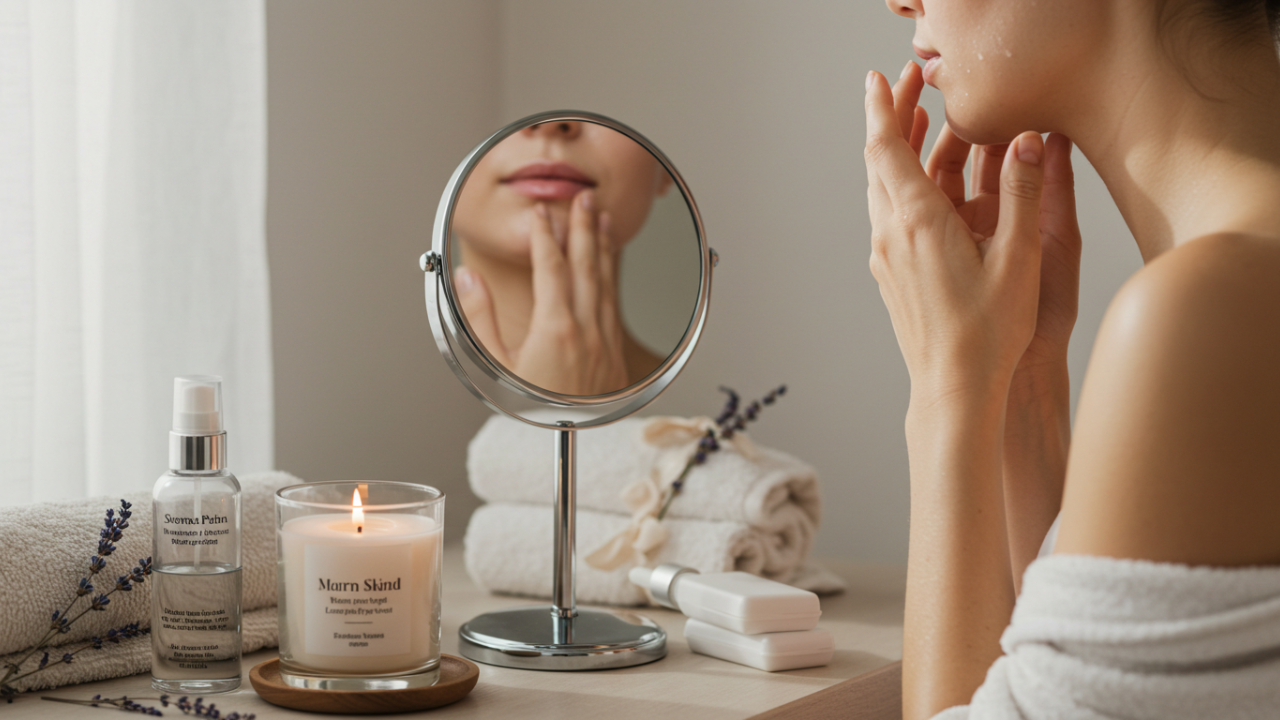
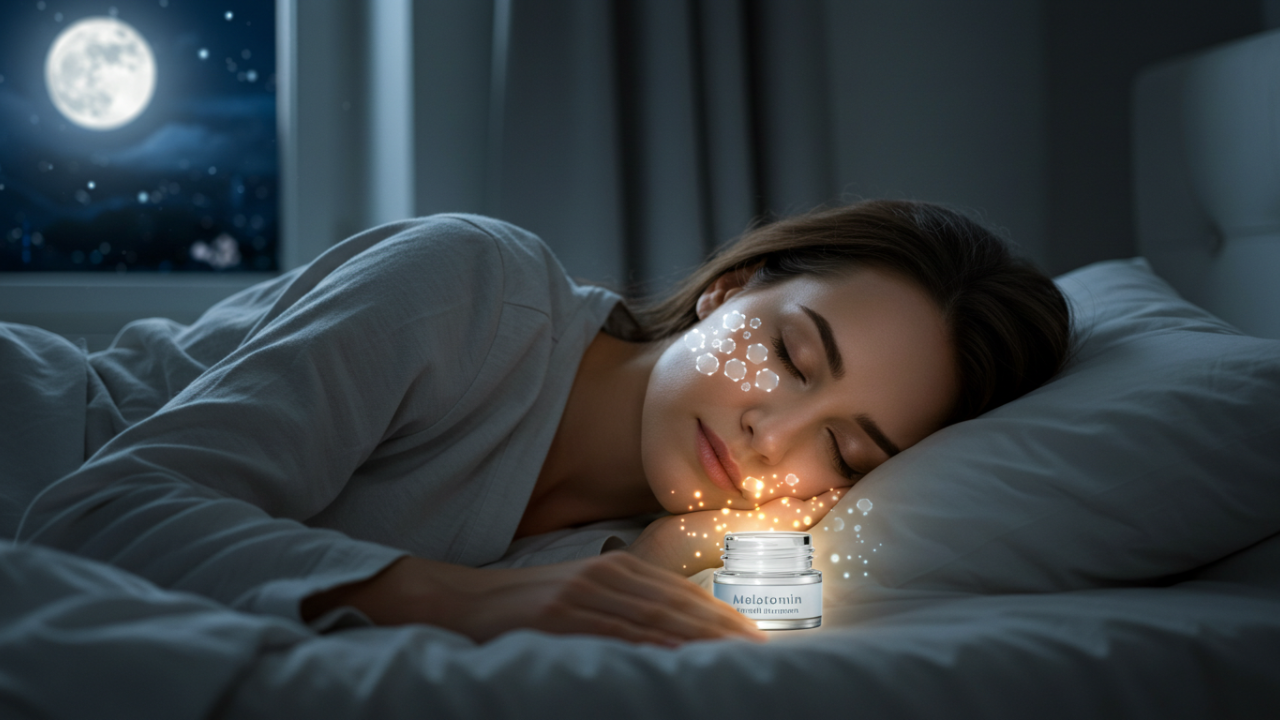
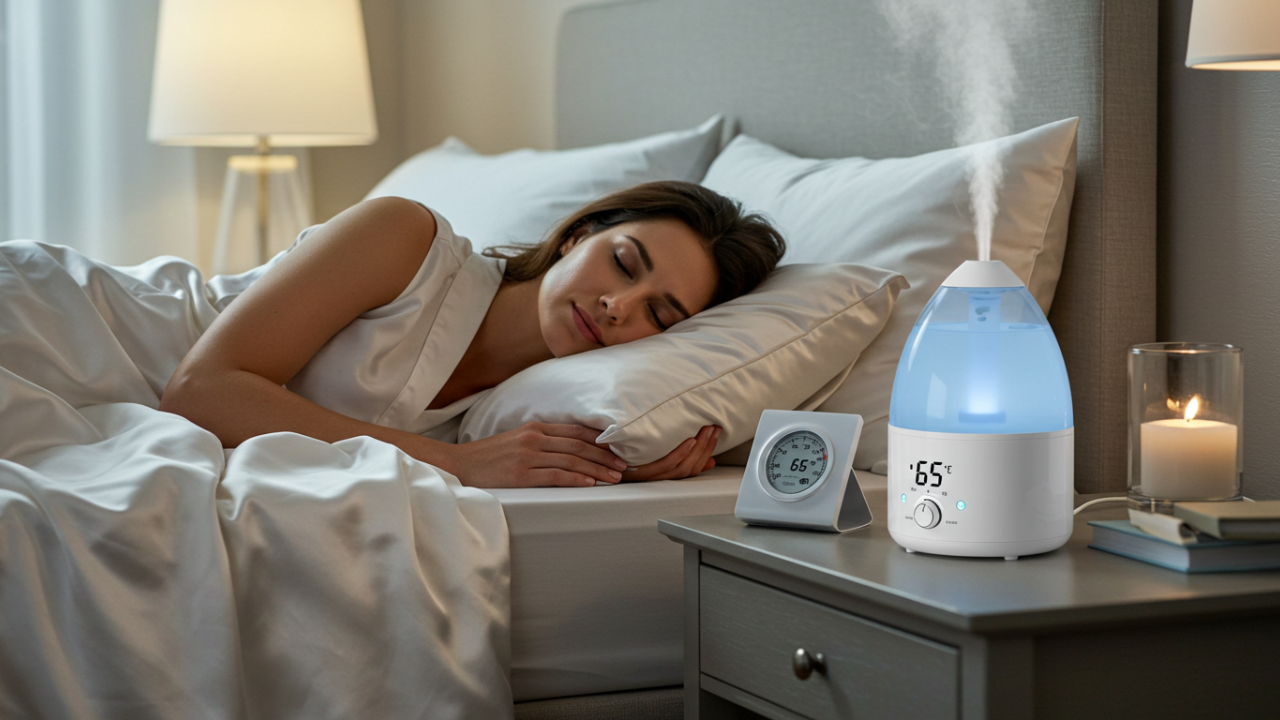
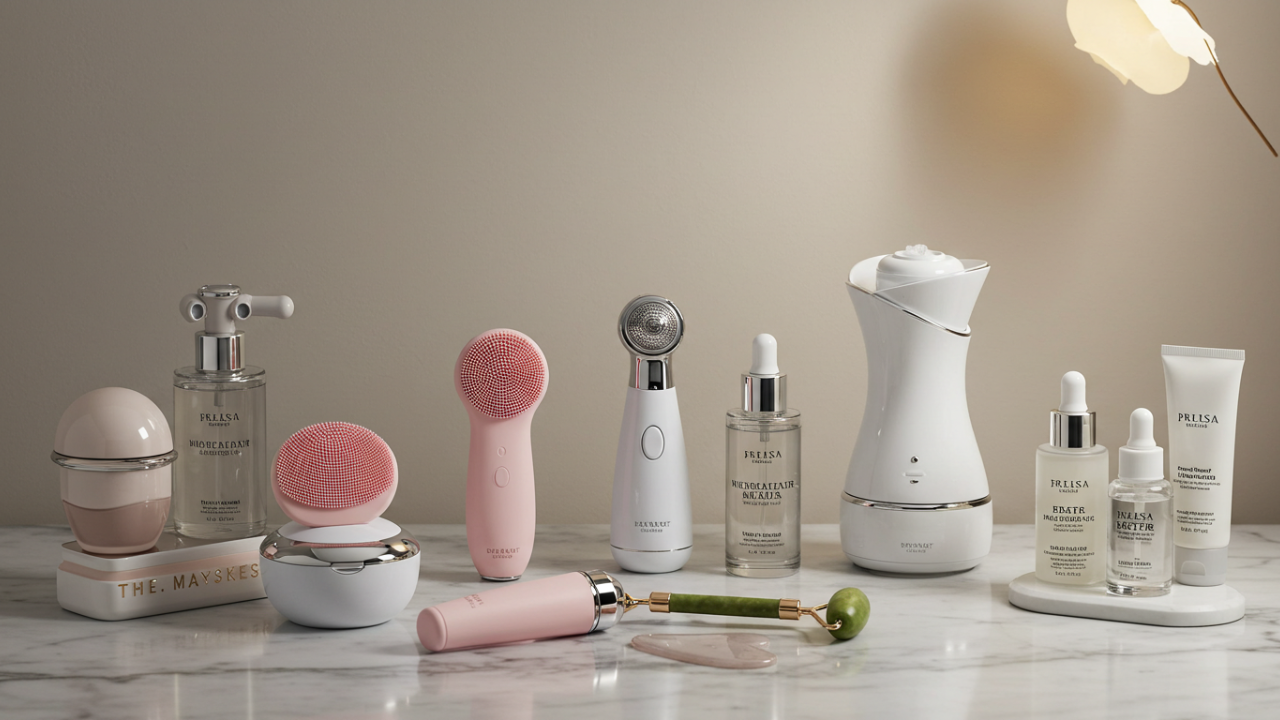
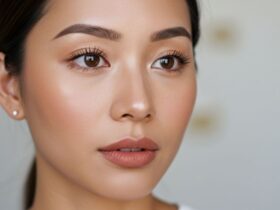
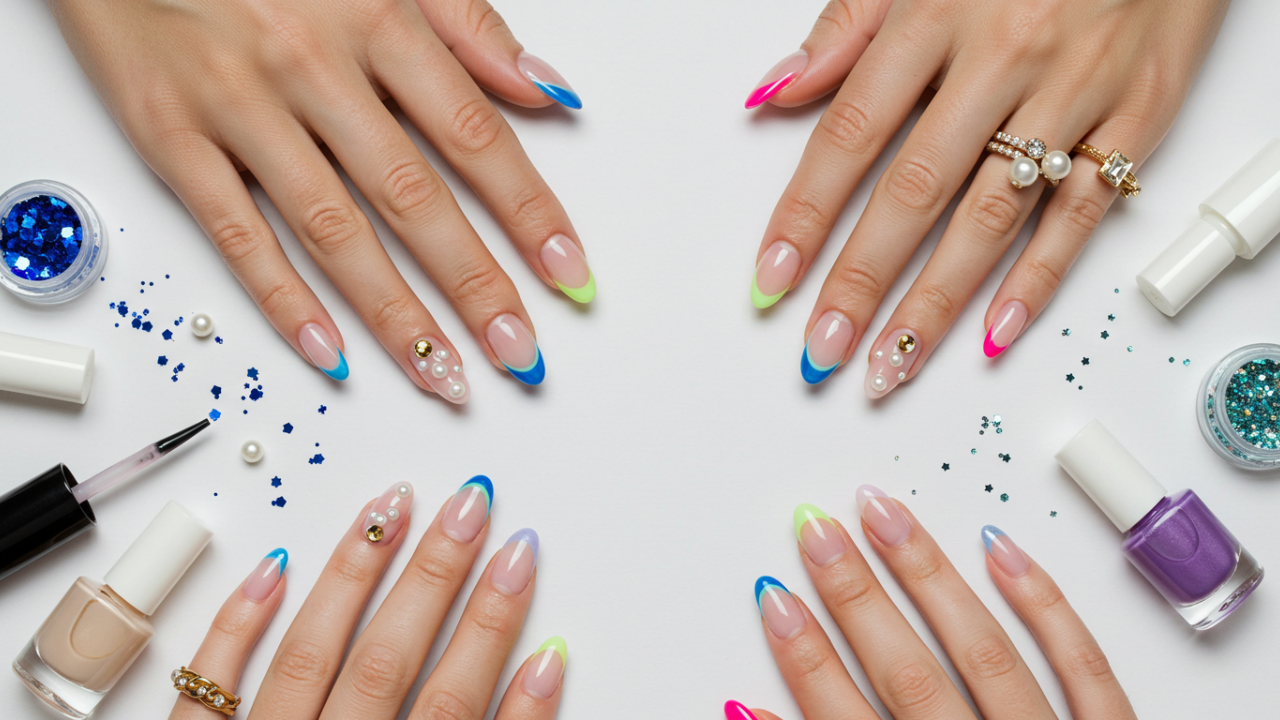

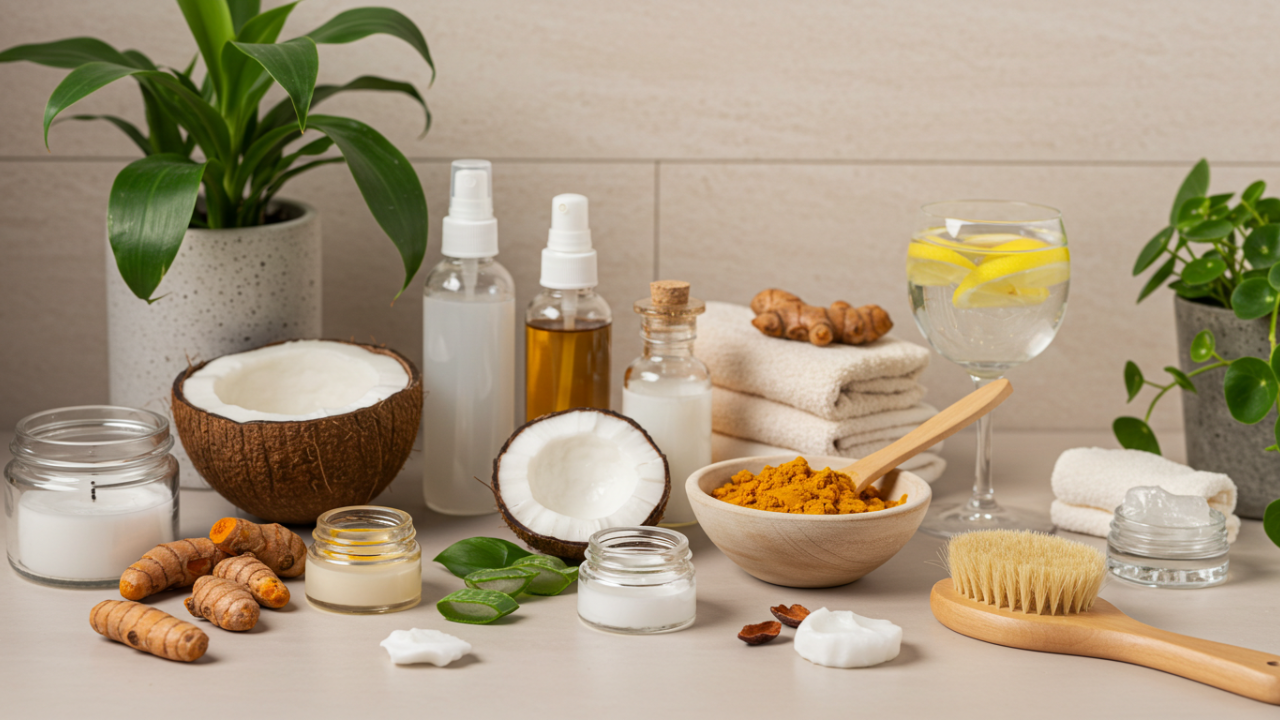
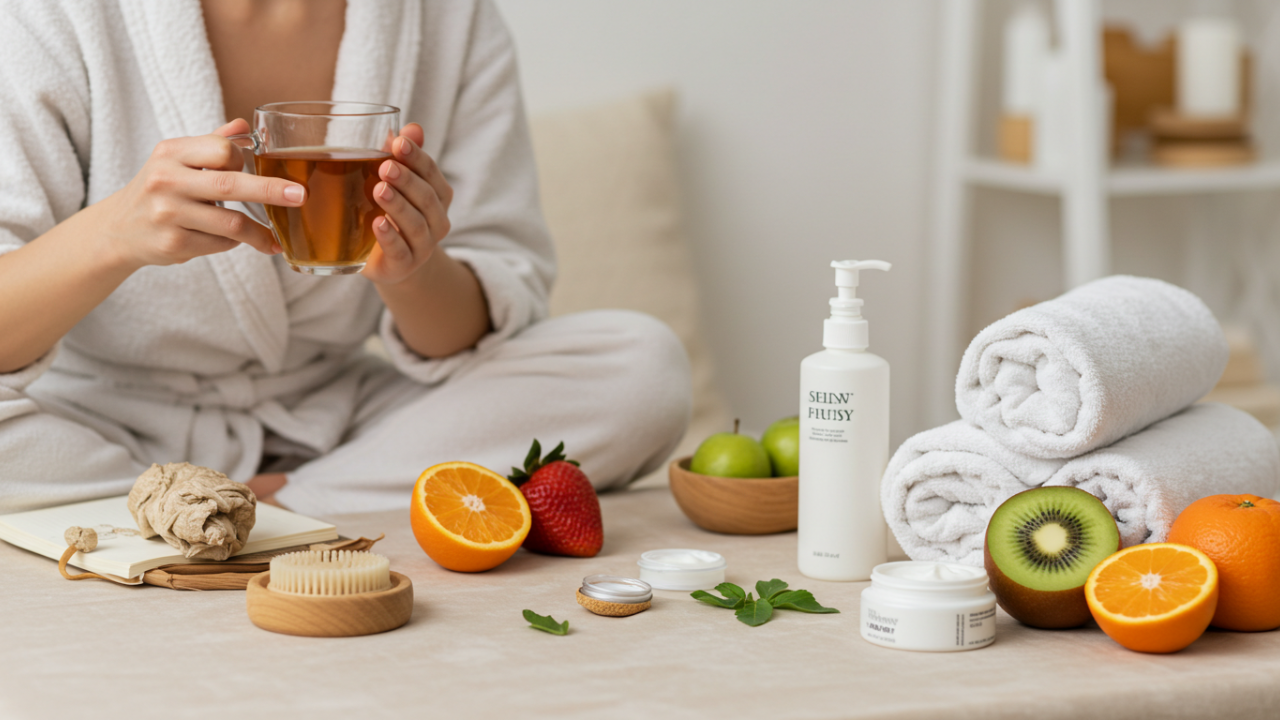
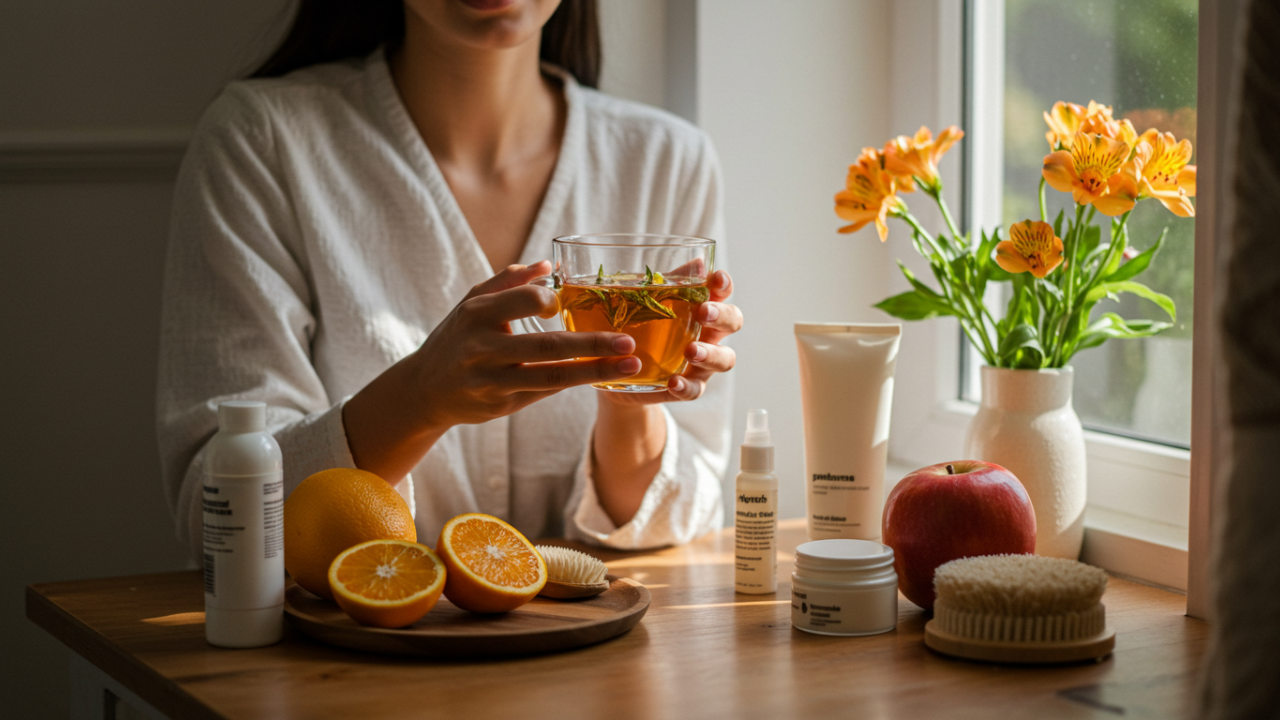
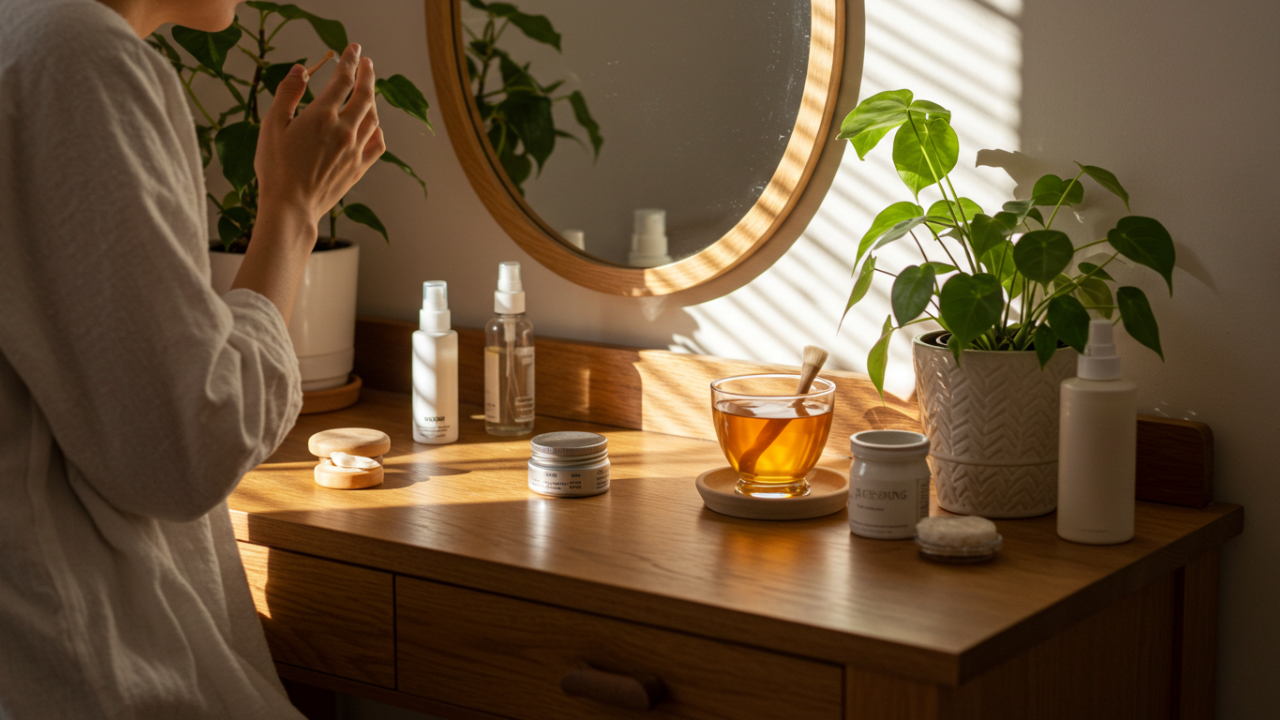
Leave a Reply
View Comments